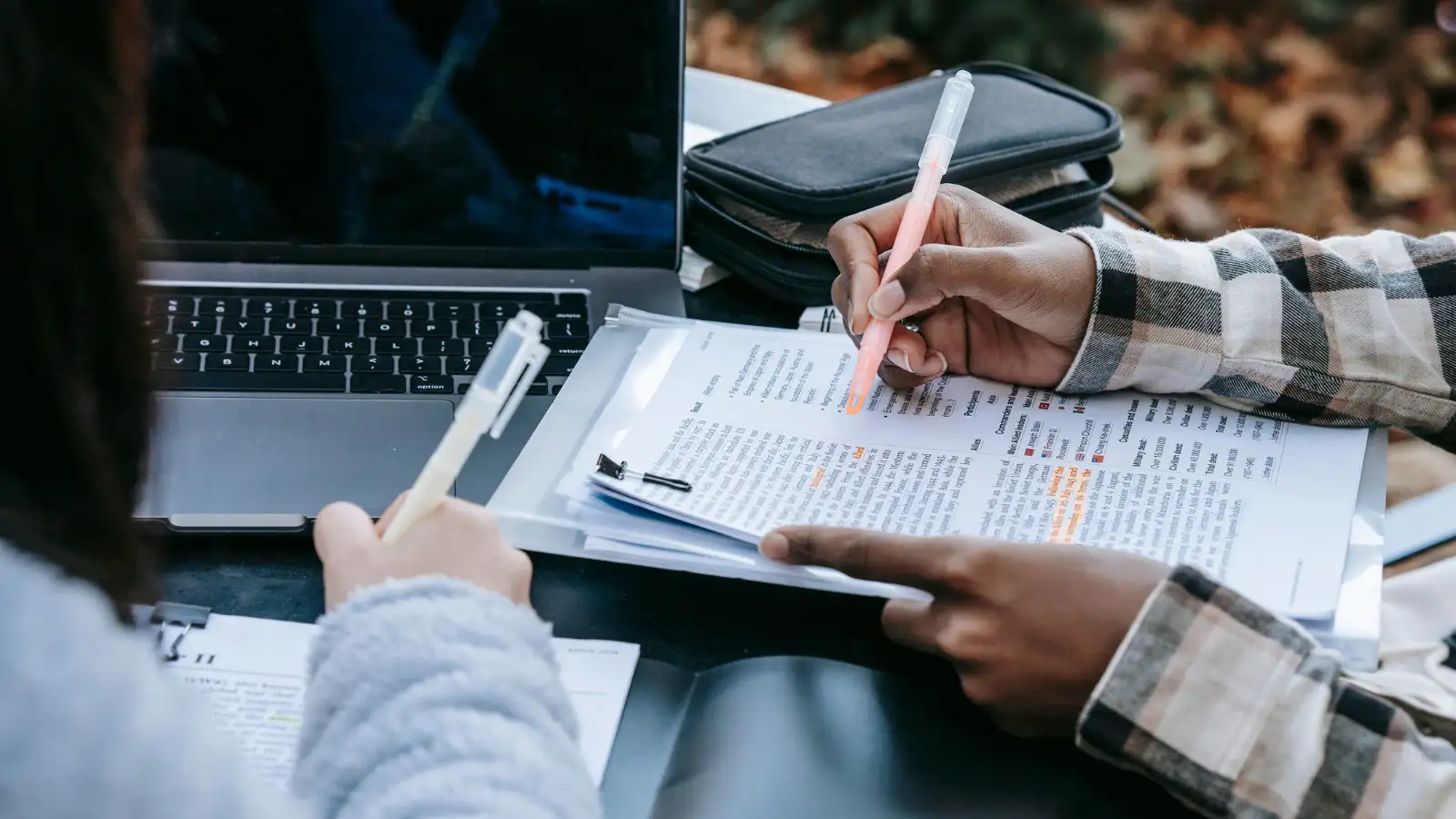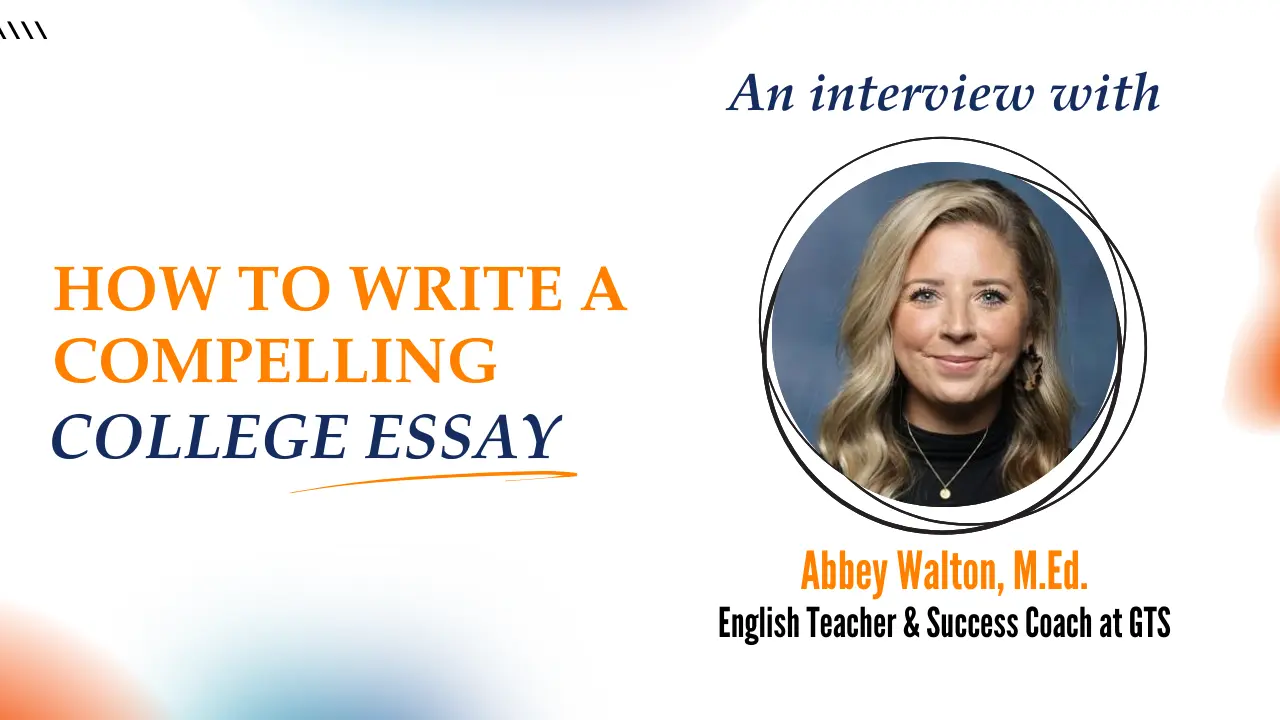It’s the night before a big test, and your mind is a whirlwind of stress, half-remembered facts, and regret for not starting sooner. Sound familiar? Many middle school and high school students face this scenario regularly, but it doesn’t have to be this way.
Effective study habits are a secret recipe for academic success. They make learning smoother, less stressful, and enjoyable. Middle school is the perfect time to discover these strategies, building a foundation that will carry students through high school and beyond.
With a few minor changes, study time can transform from chaotic to controlled, helping students stay on top of assignments, manage their time, and stay organized. Let’s explore actionable steps to turn study chaos into study success.
Set a Consistent Study Schedule
It’s no secret: consistency is key when it comes to studying. Having a regular study routine not only helps students stay on track but also reduces last-minute stress. Setting aside specific times each day for studying helps students get into a rhythm, making it easier to tackle assignments.
Here’s how to get started:
- Set a fixed study schedule: Try to study at the same time each day. Our brain loves routine.
- Break your time into chunks: For example, 30-40 minutes of focused work followed by a 5-minute break helps maintain focus.
- Study in early mornings: If possible, go to bed early and get up early to study in the morning when your mind is fresh and free of daily distractions
Consistency is the key to success. Think of going to the gym and exercising for five hours once a week. It will not be as effective as exercising 30 minutes daily. Your total time of exercising will be less than five hours. However, the results will probably be five times more than the first strategy. Studying is similar to it. Studying less but more consistently will get you farther than cramming hours before exams.
Manage Your Time Like a Pro
Time management is one of the most powerful tools students can use to stay on top of schoolwork. Without it, even the smartest students can feel overwhelmed by deadlines and assignments.
Here’s a simple breakdown of how to get it right:
- Prioritize assignments: Focus on tasks that are due soon or particularly challenging.
- Break down big tasks: Break a big project into smaller, manageable chunks.
- Assess how much time a task might take first: Without a thorough assessment, it is easy to underestimate the time a task may take. It is crucial for planning purposes first to assess a task and determine its potential time. Then, plan for it by adding some buffer time.
Using planners, calendars, or digital apps like Google Calendar or Trello is another excellent way to stay organized. According to a 2019 Pew Research Center review, American teenagers spent an average of one hour daily on homework during the school year. Managing this time effectively can reduce stress and lead to better results.

Organize Your Stuff: Less Mess, Less Stress
Being organized isn’t just about keeping track of school supplies—it’s also about managing materials and tasks efficiently. Start by organizing study materials into labeled folders or binders for each subject.
Pro tips for staying organized:
- Use color-coded folders for each subject.
- Digitally store your notes using tools like Evernote or Google Docs.
Maintaining a tidy study space is just as important. A clutter-free area helps students focus on the task at hand without distractions. Keep materials within arm’s reach and regularly declutter backpacks and lockers. The less time spent searching for lost papers, the more time there is to study!

Ask Questions and Use Resources: Learning Is a Team Sport
Asking for help is a sign of strength, not weakness. Students shouldn’t hesitate to contact teachers or tutors when they don’t understand a concept. Often, teachers are happy to provide clarification or extra resources that can make studying easier.
Ways to make the most of available resources:
- Study groups: Team up with classmates to review material.
- Online resources: YouTube videos, educational apps, and forums can provide fresh perspectives and explanations.
- Success Coaching: If you can afford it, sign up for services like success coaching. Global Town School (GTS) offers a comprehensive coaching service that is second to none.
- GTS Success Coaching supports students’ academic and personal growth. It focuses on and guides students on what they can do to accomplish their goals years from now.
- Through regular meetings with an experienced coach, students set up and monitor their goals, ask questions, receive guidance, develop success strategies, study skills and learn how to be more productive and achieve their goals.
- As an online private school, GTS implements an appreciative coaching strategy that focuses on students’ strengths to improve them.
Balance Is Key: Study Hard, Rest Harder
It’s easy for students to get caught up in homework, tests, and assignments, but a balanced lifestyle is essential for long-term success. Students can burn out quickly without breaks, leading to stress and exhaustion.
Simple strategies for maintaining balance:
- Use the Pomodoro technique: Study for 25-30 minutes, then take a 5-minute break.
- Get active: A quick walk or some light stretching can improve focus.
Sleep and exercise are just as important as studying. Getting enough sleep helps students concentrate and retain information better. Additionally, regular exercise boosts brain activity and overall well-being. Physical activity enhances mental clarity and focus, whether it’s a quick walk, playing a sport, or just stretching.
Turn Study Time into Success Time!
Effective study habits are more than just routines. They’re the tools students can use to set themselves up for success. Students as young as in middle school can confidently tackle any subject by organizing their time, materials, and space.
A little planning goes a long way, and when students strike the right balance between hard work and self-care, learning becomes manageable and enjoyable.
So, whether it’s creating a solid study schedule, asking questions, or taking a break to recharge, these habits will serve students throughout their academic journey and beyond!






